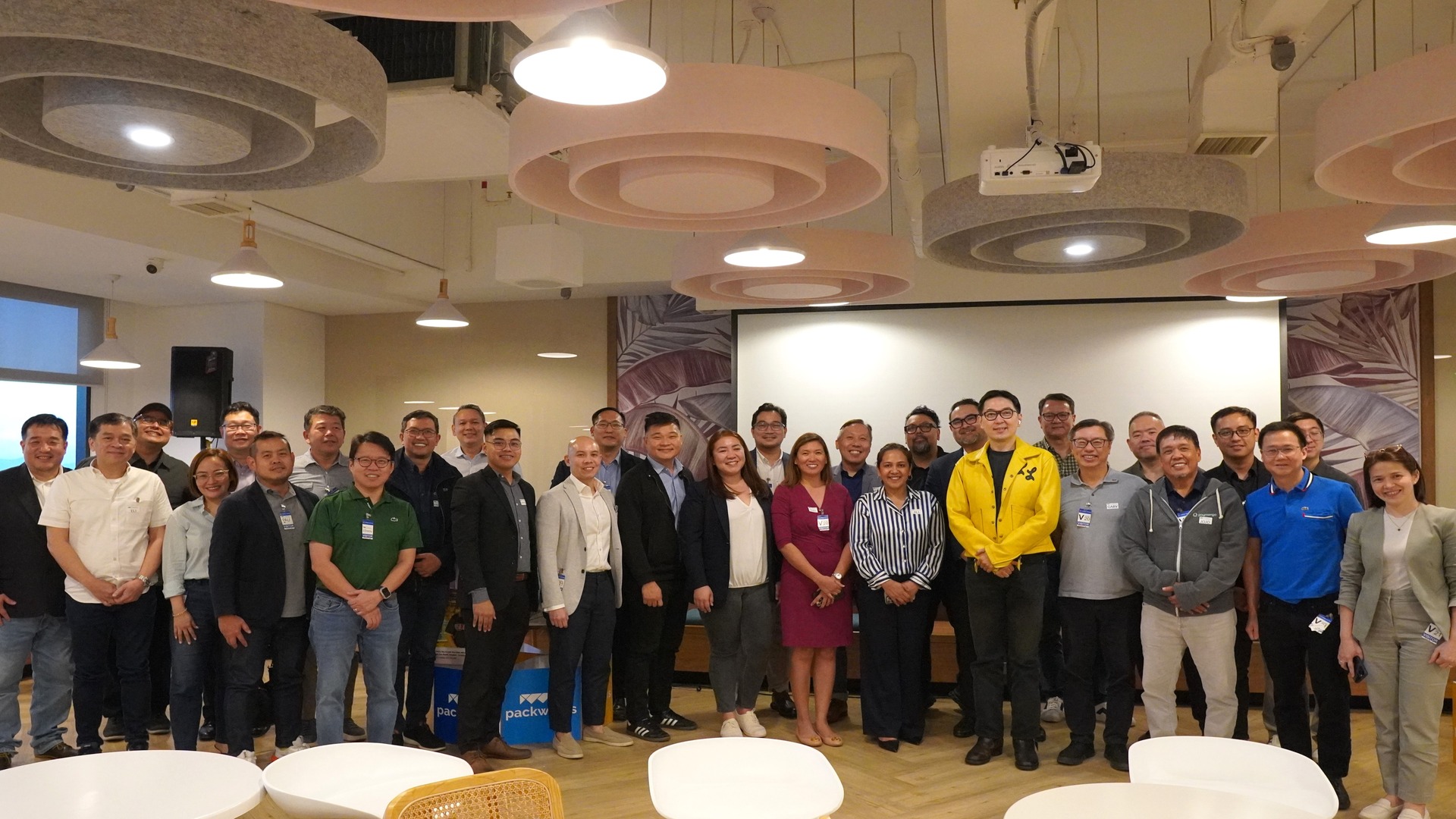Filipinos have embraced the local proverb, “Kapag maiksi ang kumot, matutong mamaluktot” (when the blanket is short, learn to bend) in 2024, navigating rising prices with resourceful purchasing habits.
This resilience is highlighted in the latest Sari IQ report by Packworks, a Filipino startup that provides a business-to-business (B2B) open platform to sari-sari stores, providing a snapshot of the state of the grassroots retail sector in the country.
The study reveals that sales of seasoning mix items grew by 80% compared to the previous year, while recipe mix sales surged by 72%. Additionally, seasoning mix was sold in 69% more sari-sari stores, while recipe mix saw an even greater reach, expanding to 79% more locations.
These trends reflect the resourcefulness of Filipino households, who are stretching their budgets by buying cost-effective additives to enhance cheaper ingredients sourced from wet markets. As prices continue to rise, many Filipinos find ways to make their money go further.
“The resilience of Filipinos shines through in the way they adapt their purchasing habits to make ends meet. These insights highlight not only the shifting preferences of sari-sari store customers but also their enduring ingenuity in navigating economic challenges,” said Andoy Montiel, Packworks’ Chief Data Officer.
The report also showed that the Bicol region (Region V) recorded the highest sales growth this year, with over PHP 616 million in gross merchandise value (GMV) from sari-sari store transactions this year, moving up four positions compared to 2023. Compared to last year’s study, CALABARZON (Region IV-A) (PHP 1.9 billion), Central Luzon (Region III) (PHP 1.02 billion), Cagayan Valley (Region II) (PHP 979 million), Ilocos Region (Region I) (PHP 811 million), and Central Visayas (Region VII) (PHP 695 million) remained the top regions with the highest GMV.
“The sales growth in Bicol can be attributed to the increase in the number of sari-sari stores in our network in the region,” Montiel explained. “Additionally, we’ve observed that rural, agriculture-based regions like Bicol remain more dependent on sari-sari stores than modern trade stores such as groceries.”
Packworks compiled the findings from its network of over 300,000 sari-sari stores nationwide through its business intelligence tool Sari IQ. Launched in 2022, it utilizes data analytics to understand and predict consumer behavior, enabling retailers and multinational brands to make data-driven decisions that boost sales for sari-sari store owners and expand their product offerings to a larger customer base.
Packworks hosts inaugural Sari-Sari Store Innovation Summit
Packworks unveiled these insights during its first-ever Sari-Sari Store Innovation Summit in Taguig City. The event brought together key figures and decision-makers from some of the country’s most prominent FMCG brands, distributors, and policymakers to delve into how technology and collaboration can address the challenges faced by sari-sari stores, from digitalization to economic empowerment.
Among those present was Department of Trade and Industry (DTI) Former Undersecretary Ed Sunico, who gave his keynote speech highlighting the role of sari-sari stores in the country.
“Sari-sari stores remain the fastest-growing channel compared to modern trade per year-on-year, serving as an indispensable part of the sales ecosystem in the Philippines. Despite this, many stores are still operating informally, do not have access to government support and financing, and are behind in technology adoption,” Sunico said.
He highlighted public-private partnerships as essential to empowering the sector, citing the DTI’s “Tindahan Mo, e-Level Up Mo!” program, launched in collaboration with organizations like Packworks to support and digitalize MSMEs.
The event also featured a panel on leveraging data and technology to transform the retail supply chain. Moderated by Packworks Chief Marketing Officer Ibba Bernardo, the panel included industry leaders like:
- Miko David, President of David & Golyat;
- Jojo Malolos, CEO of Paymongo;
- Richard Sanchez, Sales Director of Unilever RFM (Selecta); and
- Jill Que, Sales Director of Alaska Milk Corporation.
“Together with our partners, we are committed to providing sari-sari stores with business success that they would not have achieved without technology. As we build our network of stores, let’s imagine a future for them beyond digitization,” said Packworks CEO Bing Tan as he closed this year’s event.
Learn more about how Packworks transforms grassroots retail and empowers sari-sari store owners across the Philippines by visiting http://packworks.io/.



